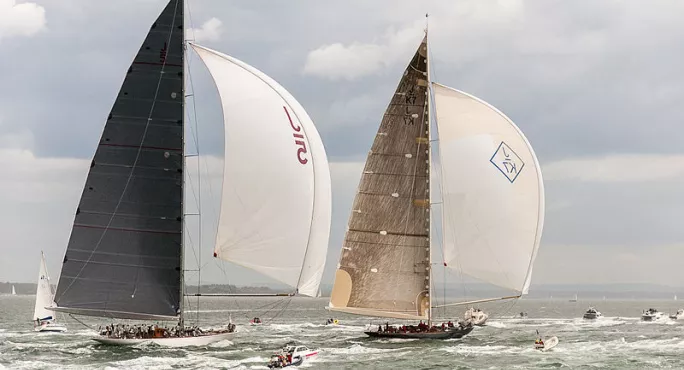An Isle of Wight school is to launch a maritime-based curriculum and, if successful, extend it to other parts of its academy chain.
Cowes Enterprise College, part of Ormiston Academies Trust, said the new curriculum would help pupils get jobs in a growing sector that suffers skills shortages.
Exclusive: Careers advice best in deprived and coastal areas
Quick link: Another studio school set to close following pupil recruitment issues
Story: ‘An apprenticeship has been my route to sea’
It will be developed with a £97,000 grant from the Edge Foundation educational charity.
Among the less conventional curriculum subjects to be offered are: boat building, navigation electronics, celestial navigation, admiralty chart conventions, shipping forecasts and practical boat-handling skills. Pupils will also attend the annual Cowes Week regatta.
Ormiston said it hoped to extend the curriculum to its other academies in coastal areas at Grimsby, Great Yarmouth, Lowestoft, Chichester and Burnham-on-Crouch.
College principal Rachel Kitley said: “This is an exciting project for Cowes Enterprise College, and we look forward to developing and then delivering a high-quality vocational curriculum that integrates practical learning with the regional economy.
“We will work in close partnership with local employers and further education providers to ensure we are providing our pupils with not only a breadth of choice at 14, but the kind of skills that will last for a lifetime.”
Maritime studies would form part relevant curriculum subjects, with practical learning linked to the maritime industry.
The skills involved would enable pupils to access education and employment while remaining on the island, the college said.
Ormiston said the Government’s Maritime Growth Study of 2015 had estimated that 95 per cent of UK imports and exports were transported by sea and that the volume of seaborne trade would double by 2030.
Solent Local Enterprise Partnership and industry body Maritime UK last year said Southampton was the most important UK port for non-EU exports and its leading port for cruise liners, but the sector had a skills shortage.
Edge Foundation, chief executive Alice Barnard said it had made the grant because “we hear a lot of lip-service paid to addressing the ubiquitous skills gaps in industry.
“This project not only employs a practical approach to learning to ensure students are engaged, but equips them with the skills and experience to develop careers in an industry offering opportunities.”




